When he suited up for the Los Angeles Lakers earlier this week, LeBron James joined an exclusive club. Prior to this season, only 66 players had played at least 17 seasons in the NBA. Further, only seven have been All-Stars this deep into their NBA careers.
While we'll have to wait until February to see if James will officially join Kareem Abdul-Jabbar, Kobe Bryant, Tim Duncan, Kevin Garnett, Karl Malone, Dirk Nowitzki and Shaquille O'Neal in that club, it's a safe bet based on what he's done in his previous 16 seasons. But which of those 16 seasons was his best? And, perhaps more importantly for the near future, was his most recent season -- his first in a Lakers uniform -- his worst?
That's the question we posed to our expert panel, in addition to having them rank James's best teammates. We had each of our panelist rank each of James's previous 16 seasons, encompassing both the regular season and playoffs for each year, then compiled those rankings to determine when James was at his best, worst, and everything in between.
Record
35-47, missed playoffs
Stats
20.9 PPG | 5.5 RPG | 5.9 APG | 41.7% FG | 29.0% 3FG
What would've been a career year for most players from an individual standpoint was a near-unanimous pick by our panel as the worst of James' career -- and it was still good enough for him to win Rookie of the Year honors in 2004. At the time, James was just the third rookie in NBA history to average at least 20 points, five rebounds and five assists per game. The two to do it before him? Oscar Robertson and Michael Jordan.
15. 2018-19 Los Angeles Lakers
Record
37-45, missed playoffs
Stats
27.4 PPG | 8.5 RPG | 8.3 APG | 51.0% FG | 33.9% 3FG
James' season changed on Christmas Day, when he suffered a strained groin that would keep him out for weeks and eventually lead to an early end to his first year in Los Angeles. He played a career-low 55 games, but still managed to do enough in those games to earn a 15th consecutive All-NBA nod. Only Abdul-Jabbar, Bryant and Duncan have made 15 All-NBA teams, and no player has made 16, something James can shoot for in 2019-20.
14. 2004-05 Cleveland Cavaliers
Record
42-40, missed playoffs
Stats
27.2 PPG | 7.4 RPG | 7.2 APG | 47.2% FG | 35.1% 3FG
James improved across the board in his second season, leading the league in minutes per game and finishing behind only Allen Iverson and Bryant in points per game. However, it wasn't enough to lead the Cavaliers to the playoffs. Head coach Paul Silas was fired with 18 games left in the season, with the Cavs fifth in the East at the time. However, they skidded to an 8-10 finish, despite James upping his scoring to 30.3 points per game in that stretch.
13. 2005-06 Cleveland Cavaliers
Record
50-32, lost in Eastern Conference semifinals
Stats
31.4 PPG | 7.0 RPG | 6.6 APG | 48.0% FG | 33.5% 3FG
Averaging a career-high 31.4 PPG, James led the Cavaliers to the postseason for the first time and finished second in MVP voting behind Steve Nash. It was the first of 13 consecutive seasons in which he finished in the top five of MVP voting, a streak that only came to an end last year. James also earned All-Star Game MVP honors for the first time in his career. In the playoffs, James was electric in leading Cleveland to a 4-2 series win over Washington in the first round, posting a triple-double in his postseason debut and averaging 35.7 points per game in that series. The Cavs took a 3-2 lead over the top-seeded Detroit Pistons in the second round before eventually falling in seven games, one of just two times (in eight tries) that James has lost a Game 7.
12. 2007-08 Cleveland Cavaliers
Record
45-37, lost in Eastern Conference semifinals
Stats
30.0 PPG | 7.9 RPG | 7.2 APG | 48.4% FG | 31.5% 3FG
That other Game 7 loss? It came to end this season, when James and the Cavs fell to the eventual champion Boston Celtics, despite James' 45-point effort in Boston. It was a bitter end to a season that saw James lead the league in scoring for the first and only time in his career and saw the Cavs overcome a midseason roster shakeup to return to the postseason a year after coming up short in the NBA Finals. This was also the season in which James became the Cavaliers' all-time leading scorer, passing Brad Daugherty despite having played 100 fewer career games.
11. 2006-07 Cleveland Cavaliers
Record
50-32, lost in NBA Finals
Stats
27.3 PPG | 6.7 RPG | 6.0 APG | 47.6% FG | 31.9% 3FG
During the regular season, James' numbers dipped across the board, though he still led the Cavs to their second consecutive 50-win season. However, by the time the postseason rolled around, he was once again locked in. He led Cleveland to the conference finals for the first time since 1992, and there against the Pistons, he produced one of the most iconic games of his career. With the series tied 2-2, James put up 48 points in Game 5, including 29 of the Cavaliers' final 30 points and their final 25 consecutively. The double-OT win helped propel Cleveland to its first NBA Finals appearance, where the Cavs were swept by the San Antonio Spurs.
10. 2014-15 Cleveland Cavaliers
Record
53-29, lost in NBA Finals
Stats
25.3 PPG | 6.0 RPG | 7.4 APG | 48.8% FG | 35.4% 3FG
James' first season back in Cleveland after his four-year run in Miami resulted in the Cavaliers' first trip to the Finals since 2007. Though the regular season got off to a bumpy start, James and Cleveland turned things around after James took a two-week winter break to deal with back issues. He averaged 27.6 PPG in the Eastern Conference playoffs, then upped that to an incredible 35.8 PPG in the Finals, nearly becoming the second player in NBA history to win Finals MVP while playing on the losing team.
Record
58-24, lost in NBA Finals
Stats
26.7 PPG | 7.5 RPG | 7.0 APG | 51.0% FG | 33.0% 3FG
If not for three dreadful games in June, this season would likely be four or five spots higher. James didn't win MVP in his first season in Miami, but he was certainly worthy of consideration, leading the league in win shares over Pau Gasol and Dwight Howard (MVP winner Derrick Rose was fifth). James and the Heat steamrolled their way through the Eastern Conference playoffs and had a 2-1 lead in the Finals before the Dallas Mavericks forced James into perhaps the worst three-game stretch of his career.
8. 2016-17 Cleveland Cavaliers
Record
51-31, lost in NBA Finals
Stats
26.4 PPG | 8.6 RPG | 8.7 APG | 54.8% FG | 36.3% 3FG
Another year, another Finals trip. This was the seventh in a row for James, as the Cavs looked to defend the first title in franchise history. James averaged eight rebounds and eight assists in the same season for the first time in his career and led the league in minutes per game at 32 years old. Once the playoffs rolled around, James averaged 32.5 points per game as the Cavaliers went 12-1 against East opponents (with the one loss coming on a buzzer-beater). In the five-game Finals loss to the Warriors, James became the first player in Finals history to average a triple-double, finishing the series with 33.6 PPG, 12.0 RPG and 10.0 APG.
7. 2009-10 Cleveland Cavaliers
Record
61-21, lost in Eastern Conference semifinals
Stats
29.7 PPG | 7.3 RPG | 8.6 APG | 50.3% FG | 33.3% 3FG
This was the second of James' four MVP-winning seasons, as he and the Cavaliers bounced back from the disappointing finish to the 2009 playoffs to once again top 60 wins and lead the Eastern Conference. James' 8.6 assists per game were at that point a career high, buoyed by a stretch in January and February where he was forced into playing point guard and averaged 10.4 APG over a 20-game period. While James closed out the postseason with a triple-double, this year is mostly remembered for the game before that, when he had 15 points on 3-for-14 shooting in a 32-point loss to the Celtics in what would end up being his last home game as a Cavalier until 2014.
6. 2017-18 Cleveland Cavaliers
Record
50-32, lost in NBA Finals
Stats
27.5 PPG | 8.6 RPG | 9.1 APG | 54.2% FG | 36.7% 3FG
It's a testament to James' accomplishments and skill level that a regular season in which he finished third in the NBA in scoring, second in assists and 15th in rebounds didn't rank among his top five career seasons -- and itself was wildly overshadowed by James' postseason. In the East playoffs, James averaged 34.0 PPG, 8.2 RPG and 8.8 APG, sandwiching a sweep of the Toronto Raptors between seven-game wins over the Pacers and Celtics. He made a pair of game-winning buzzer-beaters, and had seven 40-point games. Then in Game 1 of the Finals, he put up a playoff-career-best 51 points in a losing effort, before a broken hand limited him the rest of the way as the Warriors swept the Cavaliers.
5. 2013-14 Miami Heat
Record
54-28, lost in NBA Finals
Stats
27.1 PPG | 6.9 RPG | 6.3 APG | 56.7% FG | 37.9% 3FG
James' final season in Miami didn't have the highs of the previous one, but it did have two specific highs worth noting. First, the 56.7% shooting from the field is the best in a single season in his career. Second, this was the season in which he dropped 61 points on the Charlotte Bobcats, setting a Heat record and a personal best in the process. Though the Heat lost in the Finals to the Spurs, James' 28.2 PPG in that series was the best among all players on both teams by more than 10 points per game.
4. 2015-16 Cleveland Cavaliers
Record
57-25, won NBA title
Stats
25.3 PPG | 7.4 RPG | 6.8 APG | 52.0% FG | 30.9% 3FG
In the end, the numbers for this season don't really matter (though, to be clear, they were still good enough to earn James his 12th consecutive All-Star appearance, his ninth consecutive first-team All-NBA selection and a third-place finish in MVP voting). For James, the 2015-16 season will always be defined by the number 52, the year total of the title drought in Cleveland that he and his Cavaliers teammates ended. After falling behind 3-1 to the Warriors in the NBA Finals, James averaged 36.3 PPG, 11.7 RPG, 9.7 APG, 3.0 SPG and 3.0 BPG over the final three games of that series, shooting 50.6% from the field and 42.1% from 3-point range. The only way the finish could've been better is if he'd completed the final dunk over Draymond Green with 10.6 seconds left in Game 7.
3. 2008-09 Cleveland Cavaliers
Record
66-16, lost in Eastern Conference Finals
Stats
28.4 PPG | 7.6 RPG | 7.2 APG | 48.9% FG | 34.4% 3FG
This is the highest ranking of James' seasons that didn't end with an appearance in the NBA Finals, and with good reason. John Hollinger wrote in March of that year, "[James is] having what is arguably the greatest individual season in history, and it's time we gave him his due for it." He got his due in May, when he collected the first of his four MVP awards. And while the Cavaliers lost in six games to the Orlando Magic in the conference finals, it's hard to fault James for that. His numbers in that series? 38.5 PPG, 8.3 RPG and 8.0 APG. He scored at least 41 points three times in that series; the Cavaliers lost all three games.
2. 2011-12 Miami Heat
Record
46-20, won NBA title
Stats
27.1 PPG | 7.9 RPG | 6.2 APG | 53.1% FG | 36.2% 3FG
The extended summer due to the NBA lockout gave James and the Heat time to regroup following the devastating end to the 2010-11 season, and gave James an opportunity to reclaim his spot atop the NBA. He won his third MVP trophy for his regular-season efforts, then stepped up his game in the playoffs, averaging 30.8 PPG and 9.6 RPG in the first three rounds, helping carry the Heat during the extended absence of Chris Bosh. His Game 6 performance in Boston in the conference finals ranks among the best for any player ever. "That was his moment of, 'Yeah, I'm the greatest player in this league and I'm not letting anybody get in my way of a title.' We just knew right then," said David Fizdale, then an assistant coach with the Heat. James closed out the season by posting a triple-double in Game 5 of the Finals to earn his first championship ring.
1. 2012-13 Miami Heat
Record
66-16, won NBA title
Stats
26.8 PPG | 8.0 RPG | 7.3 APG | 56.5% FG | 40.6% 3FG
This was James at his most efficient, and, in the eyes of our voting panel, his best. He earned the fourth of his four MVP awards by leading the Heat to a 66-win season, including a 27-game win streak, the second longest in NBA history. This remains the only season in which he shot better than 40% from 3-point range. After two dominating series wins to open the playoffs, he started the Eastern Conference Finals with a game-winning buzzer-beater against the Indiana Pacers, then ended the postseason by putting up 37 points and 12 rebounds in a Game 7 win over the Spurs. "I want to be, if not the greatest, one of the greatest to ever play this game," James said after that game. "And I will continue to work for that."
Voting panel: Tim Bontemps, Chris Herring, Zach Lowe, Jackie MacMullan, Dave McMenamin, Kevin Pelton, Marc Spears



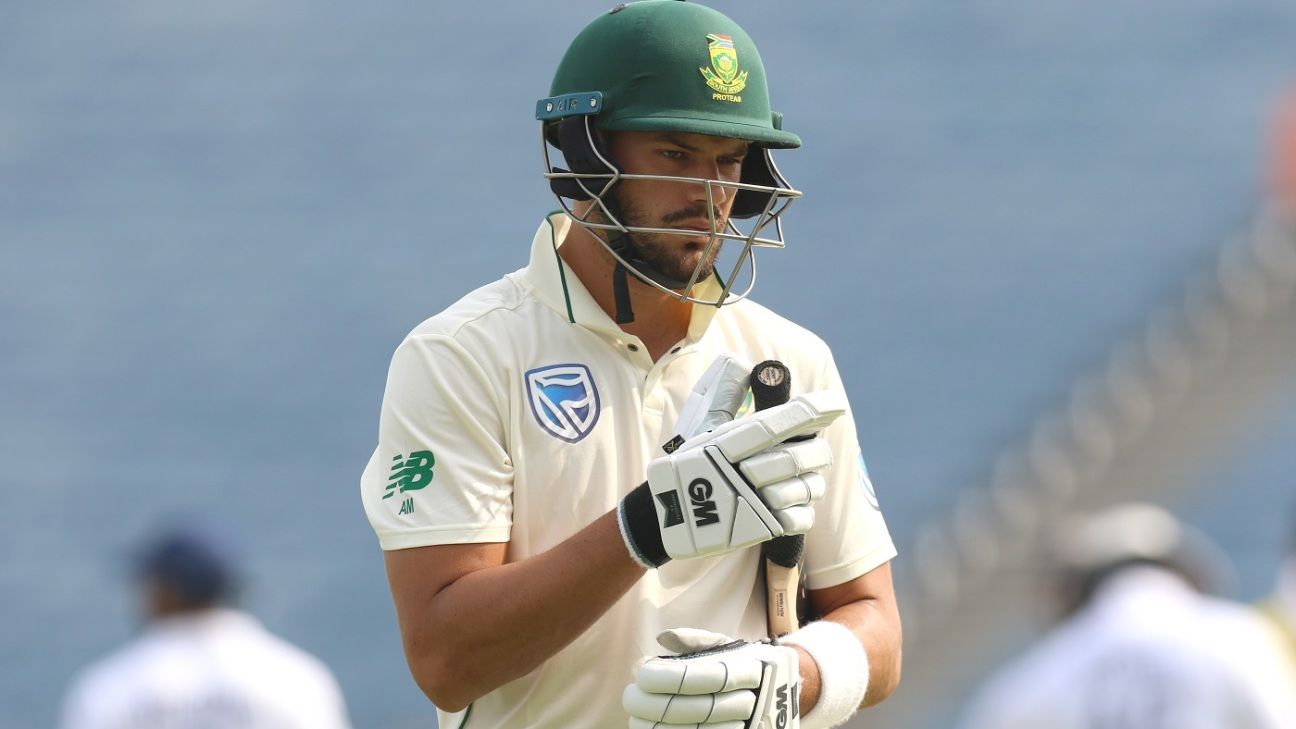
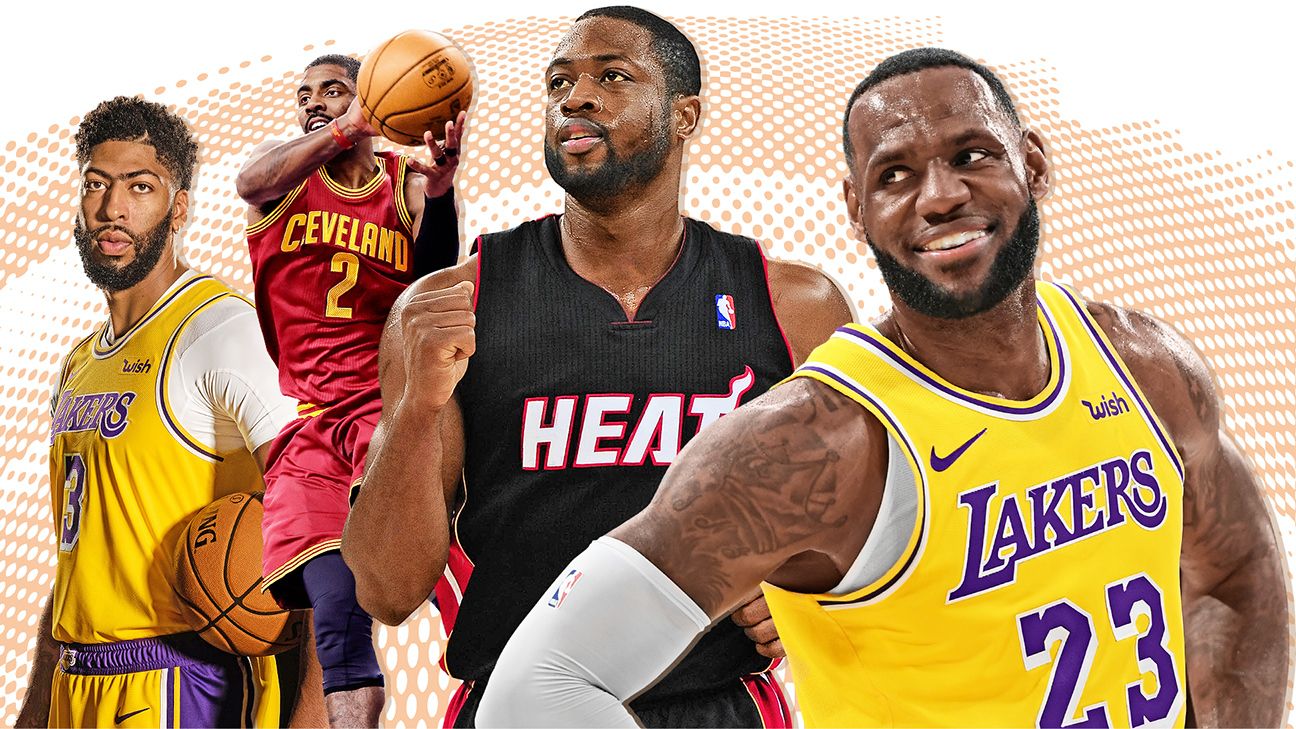



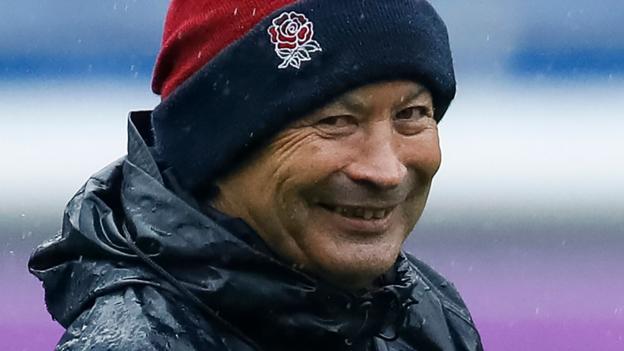


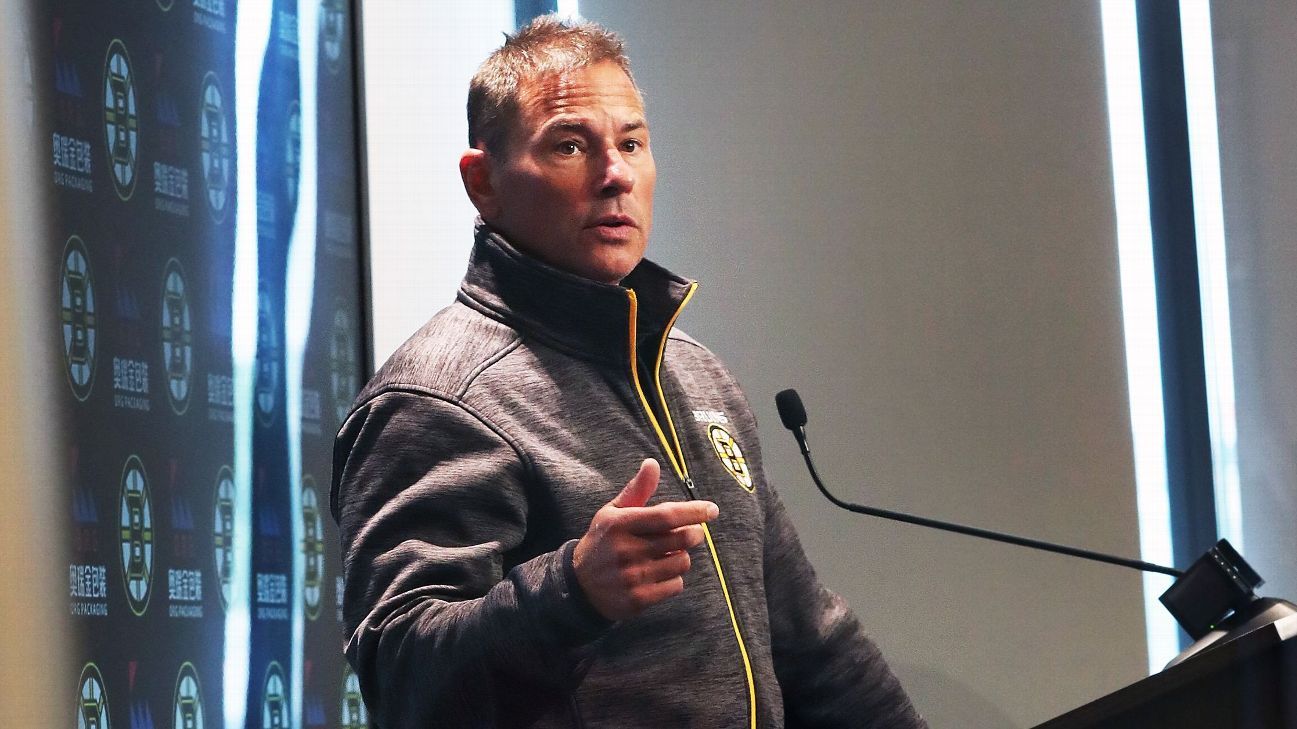









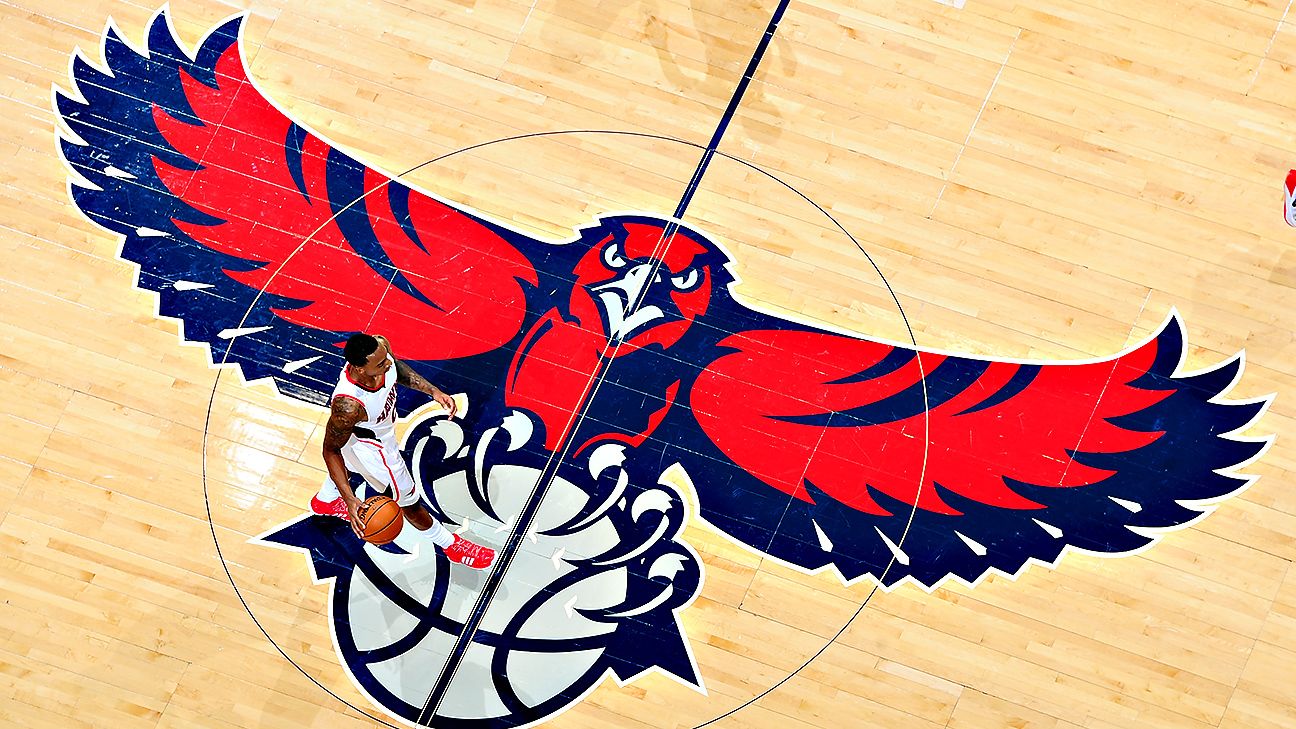



 Phone: (800) 737. 6040
Phone: (800) 737. 6040 Fax: (800) 825 5558
Fax: (800) 825 5558 Website:
Website:  Email:
Email: 






